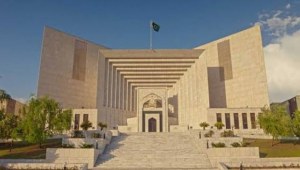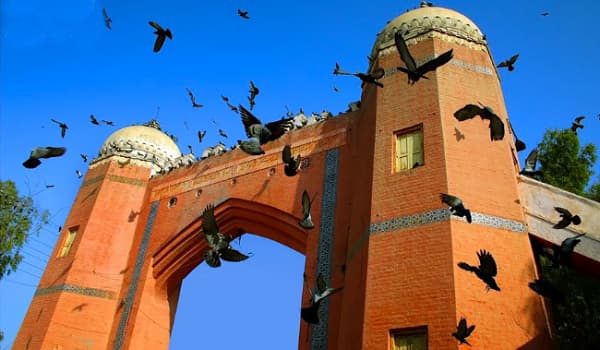Last month, an Israeli-backed firm bought a Rowlett shopping center. German investors recently purchased property in Frisco and Plano. And Middle Eastern investors looked at the Galleria and Millennium towers in Dallas.
What going on?
A weak dollar, oil-rich Middle East nations and growing Asian exports are spurring foreign investments in Dallas and across the country.
Foreign investors provide a source of capital for U.S. deals as other options have dried up during the credit crunch.
“Oil prices are very high, and oil companies are making extra profits,” said Ilhan Geckil, a senior analyst for Anderson Economic Group in Chicago. “Oil companies want to diversify their investments, and because of the housing and credit crisis, they can buy property in the U.S. at low prices.”
Foreign direct investment in the United States has soared – topping $2.4 trillion in 2007 from just over $1 trillion in 2005, according to Anderson Economic Group. Much of that money came from sovereign wealth funds, which control about $3 trillion in surplus savings of developing countries.
So far, most foreign buyers have snapped up trophy towers on the coasts. In New York recently, the Abu Dhabi Investment Council bought the landmark Chrysler Building and an investor group including Kuwait and Qatar sovereign wealth funds paid $2.9 billion for the GM Building.
That’s changing.
“We’re certainly seeing a lot more looks than ever before,” said John Alvarado, managing director of capital markets for Jones Lang LaSalle in Dallas. “It’s gotten expensive in the coastal markets, and [investors] are seeking diversification.”
The Galleria office towers attracted investor interest from Brunei, the United Arab Emirates, Germany and Sweden, said Mr. Alvarado, who sold the property in May to a Los Angeles company.
German-owned KanAm Group has been one of the busiest foreign buyers in the Dallas area and nationwide. In June, it bought Denbury Park II, an office building in Plano, after purchasing Denbury Park I and Frisco’s Duke Bridges office building last year.
“Denbury II is something we did because we already owned the building next door, so we considered it a strategic investment,” said Manish Bhatia, acquisitions officer for KanAm in Atlanta. “We really like the Dallas tollway corridor.”
Foreign buyers are attracted to lower prices and higher capitalization rates, said Russell Ingrum, an executive vice president for CB Richard Ellis in Dallas. Foreign investors often have debt sources in their country, giving them an advantage.
For example, KanAm’s German lenders provide financing at more favorable terms than U.S. lenders, Mr. Bhatia said.
Challenges exist. Foreign buyers are risk-averse and prefer deals of $100 million or more.
“The big challenge with marketing to foreign investors is that they have a big learning curve in these second-tier markets,” Mr. Alvarado said. Some foreign investors who looked at the Galleria towers said they didn’t understand Dallas and needed to do more market research.
Still, industry insiders think more foreign investors will find their way to Dallas, driven by currency values and growth of developing countries such as China.







